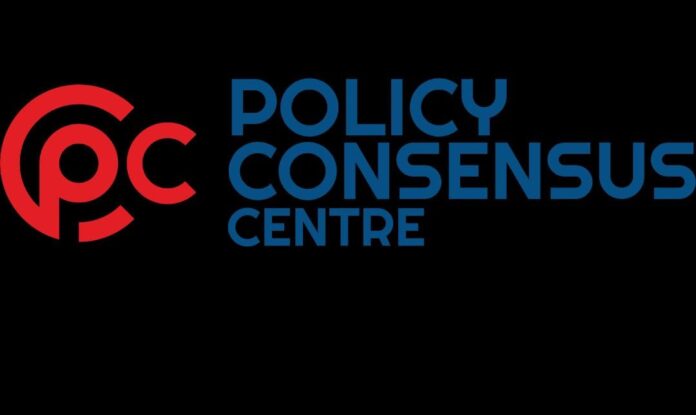Nicotine Delivery Systems
New Delhi, India, February 22, 2024: Policy Consensus Centre (PCC), a policy research firm, released a report that examines more recent and evolving literature to see if India needs to re-evaluate the ban on alternatives to conventional cigarettes. The report analyses the rationale for the 2019 ban on Electronic Nicotine Delivery System (ENDS) devices like E-Cigarettes and Heat-not-burn (HNB) products and concludes that there is a strong case for re-evaluating the ban.
Key Highlights from the report:
- Global trends in tobacco consumption suggest that in the year 2000, almost 33% of the global population were tobacco consumers.
- The GATS, 2016-17 survey recorded that the total percentage of people using smoked tobacco, in India, is 10.7%, a little shy of 100 million. Cigarettes and bidi seem to be the most preferred form of smoked products at 8.2% and 14% respectively.
- 75 countries have created a new classification for e-cigarettes and have created separate regulations for them. These include Sri Lanka, Nepal, Canada, France, Denmark, Germany, Israel, Kuwait, Saudi Arabia, Sweden, and Turkey.
- Of these, 24 countries, including Canada, England, France, Germany, Switzerland, United States of America (USA) have classified e-cigarettes as consumer products.
- 62 countries regulate e-cigarettes similar to tobacco products.
Speaking about the report, Ms Nirupama Soundararajan, Co-Founder & Partner, PCC and Co-Author of the report said, “India banned ENDS products in 2019. Since then, globally, there have been many advancements in the technologies of these products and in how they have been regulated. Many countries have chosen to regulate these products rather than ban them. In fact, there is ample literature today that suggests that e-cigarettes can contribute to smoking cessation.”
She further added, “India presents a unique challenge because it has one of the largest smokeless tobacco consumptions. The ban on alternatives to conventional smoked tobacco products will hardly make a dent on India’s mission to become tobacco-free. Furthermore, conventional smoked tobacco products continue to exist at relatively cheaper prices than their alternatives, which make the former more attractive. On the other hand, by banning ENDS, India may in fact be denying her population more responsible smoking choices.”
Mr Arindam Goswami, Co-Founder & Partner, PCC and Co-Author of the report said, “Since the ban was implemented, the market for ENDS has changed. Different countries have taken different approaches to regulating ENDS devices. These range from classifying them as tobacco products, or as consumer products, or creating a new category. A majority of G-20 countries have decided to regulate ENDS rather than just ban them.”
Additionally, he mentioned, “The government’s concerns towards ENDS are justified, but these must also be contextualised in light of new developments and data. The government can instead examine recent developments and regulatory frameworks across the globe, while also commissioning India-specific studies. With countries like the UK actively advocating the use of ENDS for smoking cessation, India should re-evaluate the ban and opt for regulating their manufacturing and sale.”
About Policy Consensus Centre:
The Policy Consensus Centre (PCC) emerges with a distinct mission: to conduct impactful policy research and drive policy transformations. Our focus encompasses pivotal sectors crucial for India’s advancement, along with those that have been underexplored. In the intricate landscape of India, divergent opinions often hinder consensus-building for policymakers amidst diverse stakeholders.
PCC stands dedicated to comprehensive, evidence-driven research, promoting inclusivity and rigour. Our objective resides in cultivating accord among stakeholders through independent, data-centric analysis, a catalyst for meaningful policy shifts. In a climate where some research entities avoid unconventional subjects, PCC remains resolute in advocating thorough exploration across all sectors. Our belief underscores the necessity to scrutinize seemingly unconventional domains, an approach vital for identifying accurate risks and formulating sound policies.
PCC champions the synergy of economic rationale and empirical data, pivotal in fostering consensus and enabling effective policymaker engagement. In essence, PCC embodies a pioneering spirit committed to navigating uncharted territories, propelling well-informed policy decisions for India’s holistic growth.

